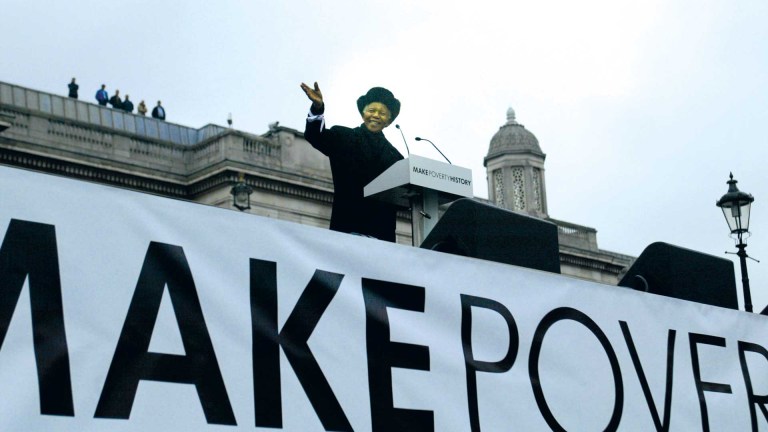“The arts change lives,” Clary Saddler says. “But disabled people miss out.” The 39-year-old is artistic director of Forget-Me-Not Productions, a company combining music, theatre and visual arts with the latest in assistive technology. Working alongside her wife and company co-director Mel, an assistive tech specialist, Saddler turned a small post-university venture into a one-of-a-kind initiative that has given hundreds of disadvantaged people the chance to get creative.
Saddler graduated from Hertfordshire Theatre School in 2002, going on to work as an actor and musician in the area for five years. She developed a specialism in interactive reminiscence theatre – using music, props and visuals from eras past to help people with dementia. It was through this work that Forget-Me-Not first came to be; in its earliest form, a theatre company touring care homes.
She was offered an increasing amount of work with younger people, working with school pupils to create their own plays and musical performances. Saddler eventually moved to Cardiff where, in 2011, she gained a teaching degree in drama and media. She kept Forget-Me-Not going during evenings and at weekends even while working towards her degree.
They still find themselves marginalised even within special education
Working in special needs schools, she had grown frustrated with the lack of decent arts teaching for disabled children. “The turning point was during a school project, the same one I met Mel on,” she explains. The pair had been tasked with facilitating a whole-school production, and together they were determined that the pupils with the most complex disabilities would be as involved as their peers.
“Sometimes people in wheelchairs or people with profound disabilities are given roles that are, at best, totally passive,” Saddler explains. Teachers, often without resources or adequate training, don’t know how to include pupils with the most profound disabilities, so they won’t try.
But Saddler decided she’s had enough. “We filmed them narrating the story using Eyegaze [eye-tracking software that generates speech] and used green-screen technology to put them in a castle. They went from being people who were shoved in the back to being narrators, leading the story forward.”










